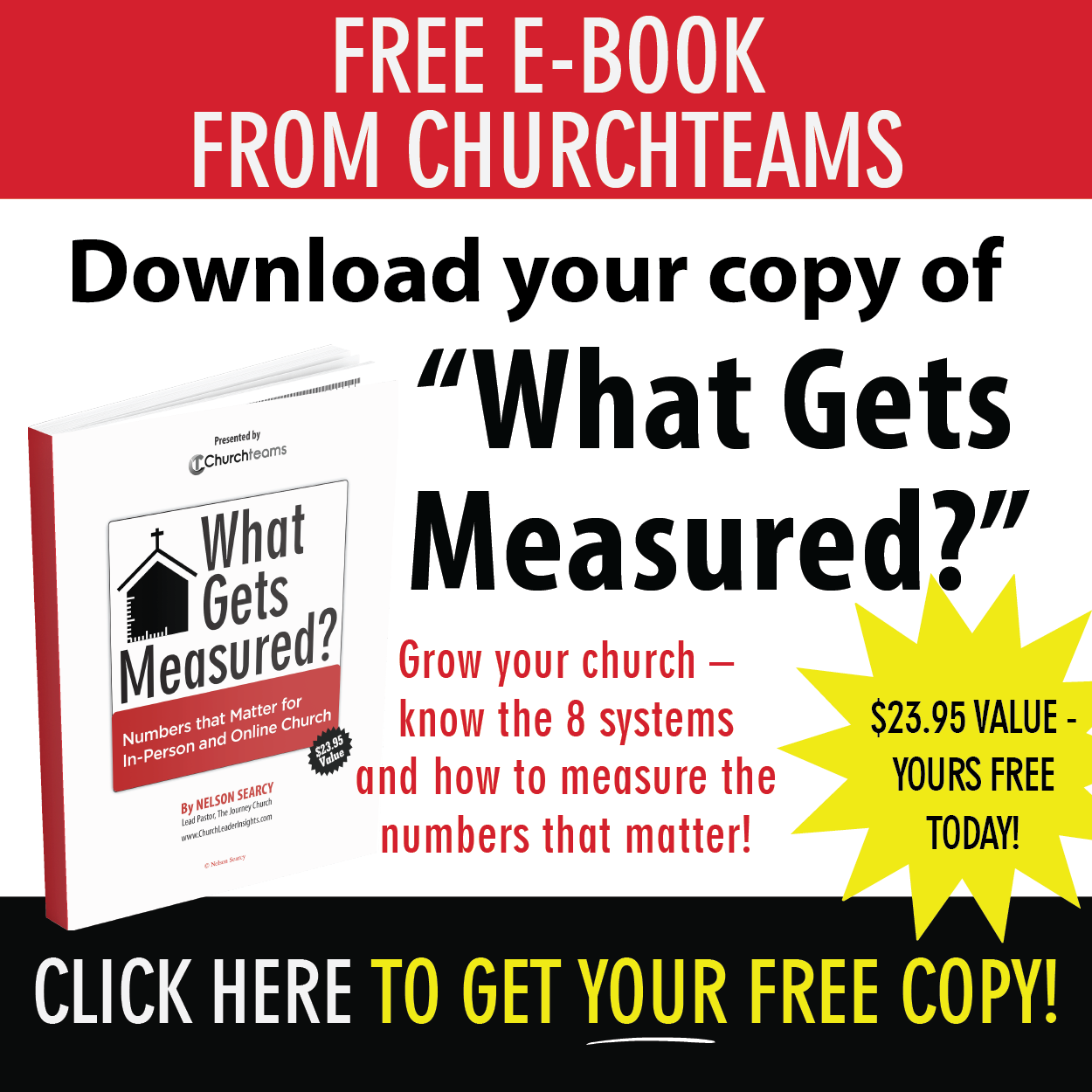
I get questions. A lot of questions. Sometimes they come in by email. Other times as a comment on a blog post. I try hard to answer them all. When it’s a question many are asking, I try to answer them here on the blog. I bet I’ve answered today’s question about a hundred times a year for the last 10 years. No joke.
Here’s the question:
“In order to be a leader at our church, you have to be a member. What do I do if someone who doesn’t meet our leadership standards ends up being chosen as a group leader in a small group connection (or volunteers to invite a couple friends to do the study that goes along with our church-wide campaign)?”
Here’s how I answer the question:
Important Note: There are at least two parts to my answer and I always encourage churches to consider both parts at the same time. F. Scott Fitzgerald said, “The test of a first-rate intelligence is the ability to hold two opposing ideasin mind at the same time and still retain the ability to function.” This is not quite the same thing and I realize this is asking a lot, but it is important. Stick with me.
First, every church must determine for themselves the standards a person must meet in order to be considered a “leader.” At the same time, and at the risk of an unintended offense, every church ought to be open to carefully re-examining the standards a person must meet in order to be considered a “leader.” Let me explain what I mean.
While there are clear biblical standards for certain leadership roles (elders and deacons are an example), other roles are much less clearly defined (for example, Sunday school teachers and small group leaders). Can the same standards be applied across the board, regardless of role? While the same standards could be applied, should they be applied?
If the same standards need not be applied, what should the standard be for a small group “leader”?
While every church must determine for themselves the standards a person must meet in order to be considered a small group “leader,” it is my contention that every church ought to open to carefully re-examining the standards they have determined.
Second, I believe the best way to connect the largest number of people is to make it easy as possible to take first steps into leadership and nearly automatic to take the steps that lead to becoming an authentic shepherd. I believe the same principle applies whether being chosen at a small group connection or inviting a couple friends to do a study.
I’ve referred to this idea many times as lowering the bar in terms of who can be a “leader” and simultaneously raising the bar in terms of the coaching and development the leader receives.
So…are there times when a person chosen to be the leader at a small group connection or who volunteers to invite a couple friends to do the study turns out to have some potentially disqualifying characteristic? Absolutely. And when they do, it makes necessary (and possible) a challenging conversation. Remember. There is no problem-free strategy or solution. Wise leaders simply choose the set of problems they’d rather have.
My Summary:
Do the hard work of re-examining your church’s standards for leadership. It is good to have standards. It is also good to realistically assess the appropriateness (and the consequences) of the arbitrary standards you have chosen.
Remember: “Your ministry is perfectly designed to produce the results you are currently experiencing (Andy Stanley).” If you don’t like the results (trouble identifying enough leaders or difficulty starting enough new groups), you must see the connection between design and results. The standards you have set for leadership are part of the design.



